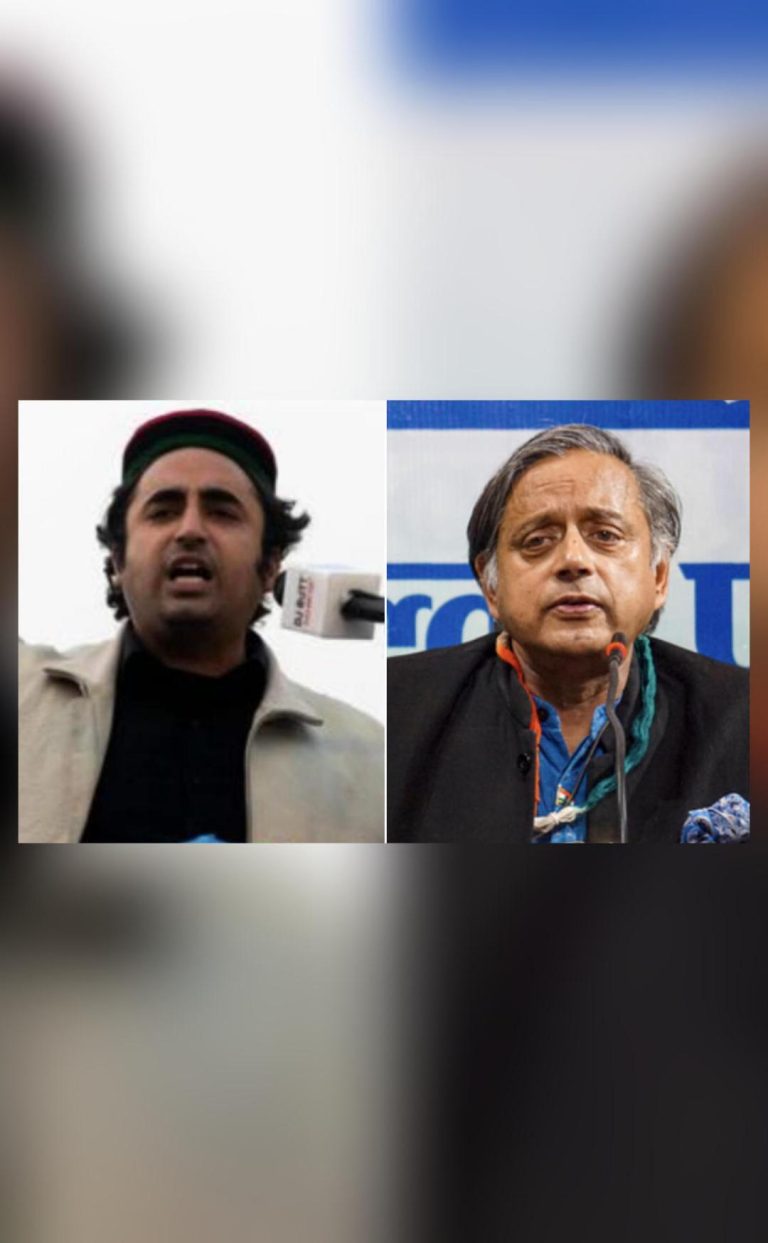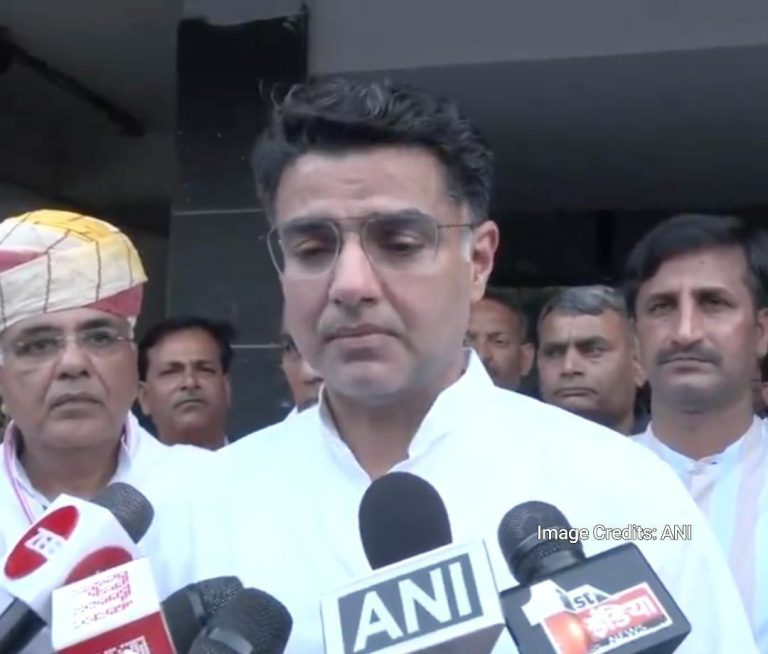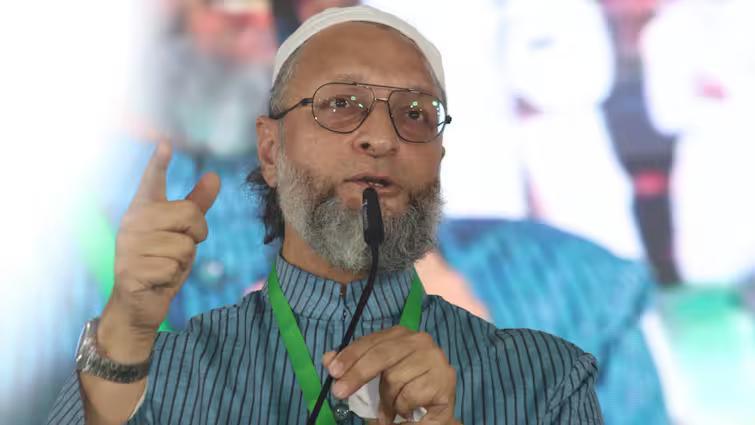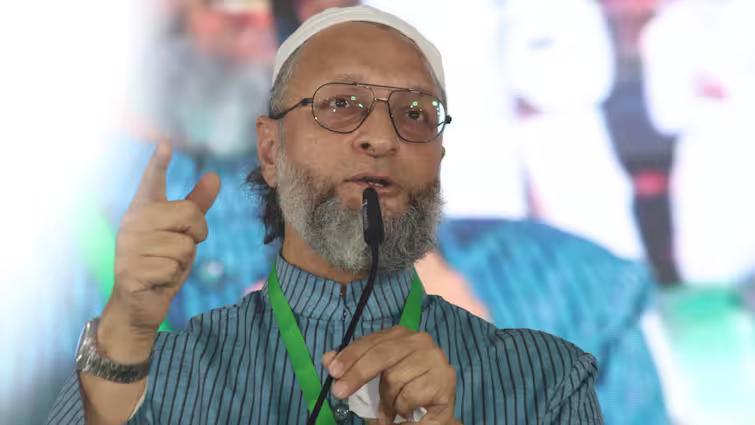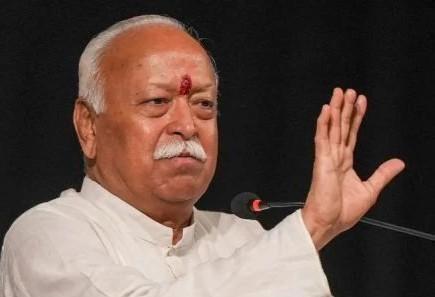
If someone turns to evil then we’ll teach lesson: Bhagwat on J&K attack
India has been reeling in shock and grief after a series of terror attacks in Pahalgam, Jammu and Kashmir. The attacks, which left several people injured and killed, have raised concerns about the security situation in the region. In the midst of this turmoil, RSS chief Mohan Bhagwat has weighed in on the issue, emphasizing the importance of non-violence as India’s religion, but also warning that the country will not hesitate to teach a lesson to those who engage in evil deeds.
Bhagwat’s comments came in response to the recent attacks in Pahalgam, which have been attributed to terrorist groups operating in the region. In a statement, Bhagwat said, “Non-violence is our religion, but so is teaching a lesson to oppressors and hooligans. We never harm or disrespect our neighbours, but if someone is bent on being evil, what is the cure?” (Source: https://youtu.be/SpAKVWl5wII)
Bhagwat’s remarks have been interpreted by many as a veiled warning to those who engage in terrorist activities, that the Indian state will not tolerate such behavior and will take necessary measures to protect its citizens. The RSS chief’s emphasis on teaching a lesson to oppressors and hooligans is seen as a departure from the traditional Indian philosophy of non-violence, which is rooted in the teachings of Mahatma Gandhi.
Gandhi’s philosophy of non-violence, which was instrumental in India’s struggle for independence from British colonial rule, emphasizes the importance of non-violent resistance and peaceful coexistence with others. However, Bhagwat’s comments suggest that the RSS is willing to depart from this philosophy in situations where it is deemed necessary to protect the country and its citizens from harm.
The RSS, which is a right-wing Hindu nationalist organization, has been accused of promoting a culture of violence and intolerance in India. Critics of the organization have argued that its ideology is based on a distorted interpretation of Hinduism, which emphasizes the superiority of Hindus over other religious communities.
Bhagwat’s comments have been interpreted by many as a reflection of the RSS’s hardline stance on issues related to national security and terrorism. The organization has been vocal in its criticism of the Indian government’s handling of the Kashmir issue, which it sees as a threat to national security.
The RSS has also been accused of promoting a culture of hatred and intolerance towards Muslims and other minority communities in India. Critics of the organization have argued that its ideology is based on a distorted interpretation of Hinduism, which emphasizes the superiority of Hindus over other religious communities.
In recent years, the RSS has been accused of being involved in several incidents of violence and hate speech against Muslims and other minority communities in India. The organization has also been criticized for its role in promoting a culture of intolerance and hatred in Indian society.
Despite these criticisms, the RSS remains a powerful and influential organization in Indian politics. Its ideology has been adopted by several right-wing political parties in India, including the Bharatiya Janata Party (BJP), which has been in power at the center since 2014.
The BJP’s rise to power has been accompanied by a surge in incidents of violence and hate speech against Muslims and other minority communities in India. Critics of the party have argued that its ideology is based on a distorted interpretation of Hinduism, which emphasizes the superiority of Hindus over other religious communities.
In recent years, the BJP has been accused of promoting a culture of hatred and intolerance towards Muslims and other minority communities in India. The party’s leaders have been criticized for their role in promoting a culture of intolerance and hatred in Indian society.
In conclusion, Bhagwat’s comments on the J&K attack have sparked a debate about the role of non-violence in Indian society. While the RSS chief’s emphasis on teaching a lesson to oppressors and hooligans has been seen as a departure from the traditional Indian philosophy of non-violence, it is also a reflection of the organization’s hardline stance on issues related to national security and terrorism.
The Indian government’s handling of the Kashmir issue has been widely criticized, and the recent attacks in Pahalgam have raised concerns about the security situation in the region. The role of the RSS and other right-wing organizations in promoting a culture of hatred and intolerance in India is also a matter of concern.
It is essential for the Indian government to address the root causes of terrorism and violence in the region, and to promote a culture of tolerance and understanding between different religious communities in India. The government must also take steps to protect the rights and dignity of all citizens, regardless of their religion or ethnicity.
Source: https://youtu.be/SpAKVWl5wII
